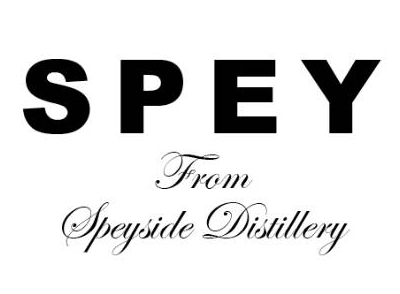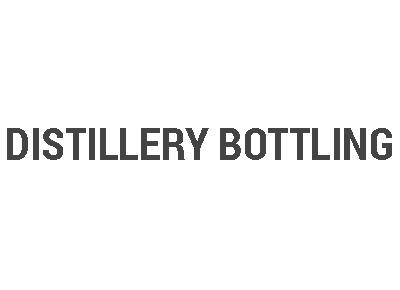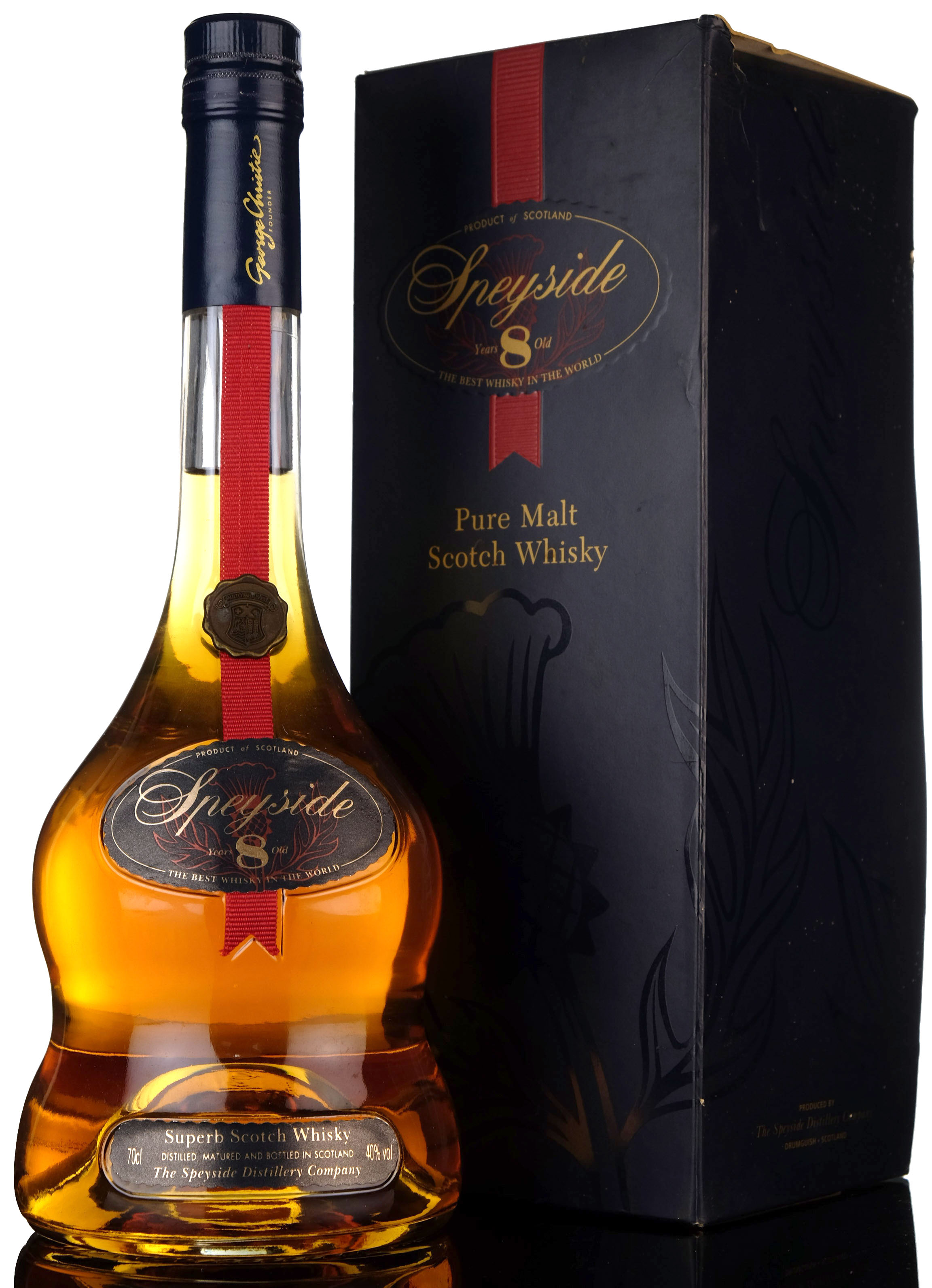Total Lots Sold:
2
View Lots
Do you have this bottle for sale?
SELL IT TODAYHAMMER PRICE OVER TIME
This graph displays data solely from Whisky-Online Auctions past sales history. Please note the filling level of the liquid and the condition of an item can affect the price negatively, so please check individual Lot sales below if there's a sudden dip in the graph.
HAVE ONE FOR SALE?
Submit your details along with an image and a description of your bottle. We'll then be in touch with the best way to proceed.
WHY SELL WITH WHISKY-ONLINE AUCTIONS?
0% Sellers Commission
Free Collections Available
Over 30 Years In The Whisky Industry
Over 1,700 Five Star Trustpilot Reviews
We Sell The Rarest Whiskies Ever Bottled
Global Buying Audience Including Far East Buyers
Bespoke Auction Platform
Thousands Of Active Bidders
Large Database Of Newsletter Subscribers
Over 36k Social Media Followers
Speyside 8 Year Old - 1990s
Speyside 8 Year Old. Bottled 1990s. 70cl. 40%.

The whisky entrepreneur George Christie, who built the now-defunct North of Scotland grain distillery in 1957, commissioned the construction of a new single malt whisky distillery in Speyside in 1962. Beset by delays, the distillery was completed in 1987, the year after Christie had sold the company, and the new Speyside distillery finally began producing spirit in 1990.
Early bottlings of Speyside’s whisky, such as Drumguish, were not met with great success in the UK, but the distillery subsequently found its niche producing the Spey Malt and several proprietary blends for Asian markets. After being bought in 2000 by a consortium including George Christie’s son Ricky, Speyside changed hands again in 2012 when it was taken over by Harvey’s of Edinburgh.

Distillery bottlings are, as the name suggests, bottled by or for the distillery from which the whisky has originated and are thus often referred to as Official Bottlings or OBs. Distillery bottlings are generally more desirable for collectors and usually fetch higher prices at auction than independent bottlings. They are officially-endorsed versions of the whisky from a particular distillery and are therefore considered the truest expression of the distillery’s character.
This ideal of the distillery character is regarded so seriously by the distilleries and brand owners that casks of whisky that are considered to vary too far from the archetype are frequently sold on to whisky brokers and independent bottlers. When this happens, it is often with the proviso that the distillery’s name is not allowed to be used when the cask is bottled for fear of diminishing or damaging the distillery’s character and status.


